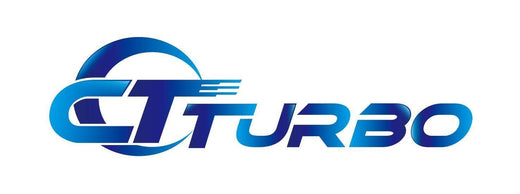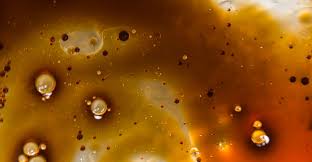How Does Poor Oilling Destroy Your Turbocharger?
Turbochargers Operate With In Extreme Conditions, With Speeds Up To 240,000 RPM And Seeing Temperatures Up To 1000°C. This Puts Considerable Stress On The Turbo’s Bearings. The Turbine Shaft And Bearings Sit & Rotate On a Thin Film Of Oil. If There Is An Issue With The Oil Supply, The Bearings Are Likely To Fail, Once The Thin Film Dissipates, The Shaft Will Start Rubbing On The Bearing And Cause Excessive Clearances. Running A Turbo Without Oil For Just Five Seconds Can Cause Damage That Will Have You Stuck On The Side Of The Road.
Ensuring Proper Oil Pressure Is Vital,General Rule Of Thumb Is 15PSI On Hot Idle As A Minimum. But Equally Important Is Ensuring That The Oil Feed Pipes To The Turbo Are Clean And Free From Debris. Blocked Or Contaminated Oil Lines Can Prevent Oil From Reaching The Turbo At The Proper Pressure, Which Can Cause Damage. Contaminated Oil Can Also Scratch Or Score The Bearings, Leading To Rapid Wear And Eventual Failure.
Common Causes Of Oil Contamination & Or Starvation?
- Oil Filter Is Overdue And Or Clogged.
- Excessive Carbon Buildup In The Engine, This Will Contaminate New Oil Quickly.
- Faulty Oil Filter Bypass Valve: A Malfunctioning Valve Can Allow Unfiltered Oil To Pass Through The System.
- Oil Degrading Under High Operating Temperatures Or Extended Oil Change Intervals Can Cause Oil To Break Down And Lose Its Effectiveness.
How To Prevent Turbocharger Failure From Oil Contamination & Or Starvation?
- Always Use High-Quality Oil And a New Oil Filter, As Specified By The Engine Manufacturer, When Installing a Replacement Turbo.
- Ensure The Correct Oil Grade Is Used For Your Engine.
- Clean Or Replace The Oil Inlet Pipes To Remove Any Carbon Deposits, Sludge, Or Other Debris That Could Obstruct Oil Flow Or Contaminate The Turbo.

